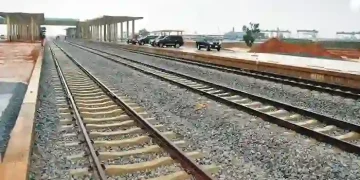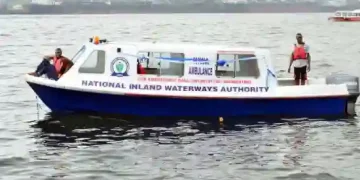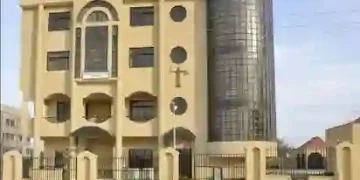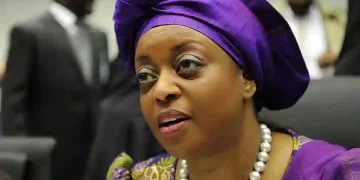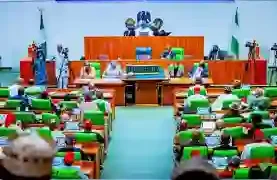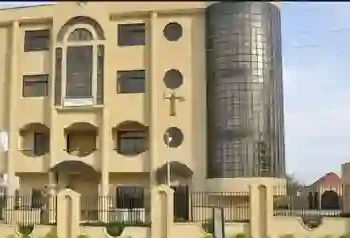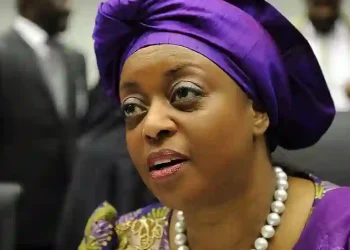The Chief of Defence Staff (CDS), General Christopher Gwabin Musa, has urged host communities of the Trans Niger Pipeline (TNP) to look out for the national assets located in their areas.
He recently called on affected communities to unite to protect the crucial assets.
Speaking via his representative, Navy Captain Lassie Audi Ozovehe, at the monthly stakeholders’ engagement hosted by Pipeline Infrastructure Nigeria Limited (PINL) in Port Harcourt, General Musa revealed that the negative effects of oil bunkering and pipeline vandalism are mostly felt by members of the communities
According to him, while oil companies also face the consequences of vandalism and bunkering, the chances of the health hazards affecting the community members more are pretty high.
He stated that because affected communities benefit from the assets within their environment, it is also their duty to safeguard them.
“If you break a pipeline, the environmental and health hazards will affect the community more than the oil companies.
These assets are on your land. You benefit from them—so you must protect them,” he said.
The Chief of Defence Staff (CDS) hailed PINL for its relentless efforts to secure our pipelines, especially its stellar record of zero infractions on the TNP, describing the company’s work as commendable.
Also speaking at the engagement, General Manager, Community and Stakeholder Relations for PINL, Dr Akpos Mezeh, revealed that the company’s surveillance responsibilities have been extended beyond the TNP to cover gas infrastructure and all national oil and gas assets within the Eastern Corridor.
Praising the PINL’s model, which focuses on quick salary payments, safety of workers and fast dispute resolution, Akpos stressed that it has gone a long way towards reducing downtime and boosting stakeholder trust.
He, however, admitted there are still problems that are yet to be conquered, including intelligence gaps, internal community leadership crisis and threats to surveillance teams.
He reiterated the company’s alignment with the Federal Government’s Renewed Hope Agenda, insisting that the sustainable development of host communities remains central to its mission.
“This expansion reflects the trust placed in us by the authorities.
Our success on the TNP is a direct result of strong collaboration with host communities, consistent operational strategy, and the commitment of our teams on the ground,” Akpos said.
The monarchs and community reps present at the meeting hailed PINL’s role in decreasing pipeline scandals, but begged the Nigeria National Petroleum Company Limited (NNPCL) and other stakeholders to do more to tackle the needs of people residing in oil-producing areas.
Chairman of the Ijaw Youth Council (Eastern Zone), Prince Datolu Sokubo, advocated for a more inclusive approach that caters to both infrastructure security and human welfare.
“You can’t protect the pipeline without prioritising the people. Without our cooperation, no infrastructure is truly safe,” he said.
Chairman of the Council of Ogoni Traditional Rulers, Mene Suanu Timothy Baridam, maintained that constant environmental degradation caused by pipeline vandalism and illegal bunkering is making life difficult for people in the region.
Ada Ekpeye-Logbo of the Ekpeye Kingdom, Dr Patricia Ogbonnaya further appealed to IOCs to stop gas flaring, stressing that PINL can do more to address the health and environmental concerns of the communities.
“We’re committed to ending illegal bunkering.
But oil companies must also take responsibility for the long-term impact of their operations,” Patricia added.
The meeting rounded up with a renewed dedication from PINL and host communities to increase their bond, raise surveillance efforts, and aid peace and development across the region.

